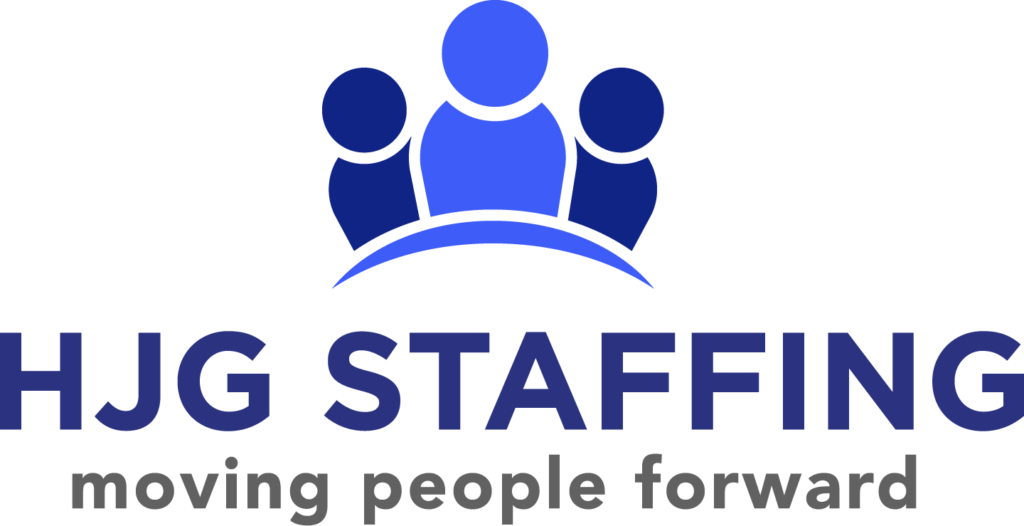Job searching and networking often go hand in hand. At its core, networking is making or using connections to assist in the job searching process. While this skill comes naturally and easily to some, for others, it can feel like a hassle or even uncomfortable. Everyone has a different capacity for socializing and human interaction, depending on many factors including personality. While personality labels such as “introvert” and “extrovert” are more prominently known and used today, misconceptions remain.
For instance, many people believe introversion is synonymous with shyness and even social awkwardness. This same misunderstanding applies to extroversion as well, with extroverts often being mistaken as outgoing, gregarious and socially confident people. The truth is not so simple, and the science behind how our personalities develop is constantly evolving.

The brains of introverts and extroverts are neurologically different. This means that introverts and extroverts think and therefore behave differently. In a LinkedIn article, author Sam Sheppard explores some of the key differences between the introverted and extroverted brain. “These differences include physical characteristics, areas of activity, blood flow and sensitivity to dopamine,” Sheppard notes.
Dopamine is a neurotransmitter responsible for making humans feel pleasure and reward. According to the National Library of Medicine, “In all, some works have shown that extroversion is associated with reward, and dopamine is strongly associated with rewarding behavior. In addition, there is also direct research showing that dopamine is associated with extroversion.”
Compared to introverts, the more active dopamine system in an extrovert’s brain provides the motivation and energy for more human interaction and conversation. This can serve extroverts well, especially when it comes to networking and job searching.

For introverts, networking might feel overwhelming and outside the realm of comfort. Again, it’s not necessarily that introverts are shy. Both introverts and extroverts can be shy; the key difference is the method of recharging. Introverts may be social and chatty, but the less active dopamine system makes alone time vital to restore and rejuvenate the system. Sometimes, when it comes to expending energy to speak to others, especially when it comes to networking, it can be daunting for introverts before the process has even begun.
Luckily, there are measures introverts (and everyone!) can take to honor their need for space and alone time while still networking and building connections.
First, organize an allotted time for networking. While networking may be on your radar for the day, planning specifics can help you commit to the networking process while simultaneously preserving energy. “When I first started my attempt to network,” says Gina, a marketer, “I dedicated an hour each day to the process. I divided it into 30 minute shifts strictly to network.”

Breaking this task into a manageable framework can make the process less overwhelming as well as ensure that it doesn’t drain your social battery. If taken too far, over-socializing can lead to burnout, which can make the networking process feel more daunting. Therefore, choose a specific time that feels comfortable to you, whether it’s one hour every day for 3 days a week, or 20 minutes a day.
Next, utilize the people you already know. Family, friends, previous co-workers, mentors, neighbors and anyone else you know can serve as a way to build connections. If there is a specific job field you hope to enter and you know someone who might have a connection to that field, reaching out can be beneficial. It might feel uncomfortable to reach out to someone, especially when it comes to job searching. However, it’s important to remember that asking often leads to new opportunities. Plus, if this leads to a dead end, you lost nothing in the process.

Aside from in-person connections, don’t forget to utilize the internet. If showing up to a networking event or meeting someone in person feels like a drag, connecting online is another effective option. With job-hosting sites like LinkedIn, building connections online is simple. Plus, you have the opportunity to directly message different people, including job posters.
Career Coach Caroline Castrillion talks about the importance of reaching out to hiring managers in the job-seeking process. “It helps to expand your network. Even if you don’t get the job, you gain a valuable connection. Also, they might have another job either now or in the future that you might be a great fit for.”
Finally, contact a staffing agency. Staffing agencies are present to guide you through your job search. At HJG Staffing, we assist future team members with various parts of the process, including coaching for interviews and helping with resumes. Staffing agencies act as the middleman between working with you and different companies to find the best fit for both. Most of the time, staffing agencies are free, which is an added bonus.

Consulting with a staffing firm can help you dip your toe into the job searching waters while having assistance and guidance. For introverts, this is doubly nice, because help with the process offers more time to recharge and prepare for next steps, like interviews.
While not required, networking can make a substantial difference in the job seeking process. However, this practice can be easier said than accomplished. Networking takes time, energy and focus, which can be exhausting for anyone, especially introverts. Thankfully, there are ways to balance networking with mental well-being. Introverts require different necessities than extroverts, including time alone to recharge. While networking entails human interaction, it can be specialized to your needs and schedule.
Organizing and prioritizing your time, utilizing people you already know and capitalizing on internet connections are a few ways to personalize your networking plan. Finally, staffing agencies can help manage the emotional and mental load of finding a new job. With a built in network of connections, these agencies and are often free. Ultimately, being yourself in the networking process is your greatest asset. All personality types bring valuable assets to a team, introverts and extroverts alike.




